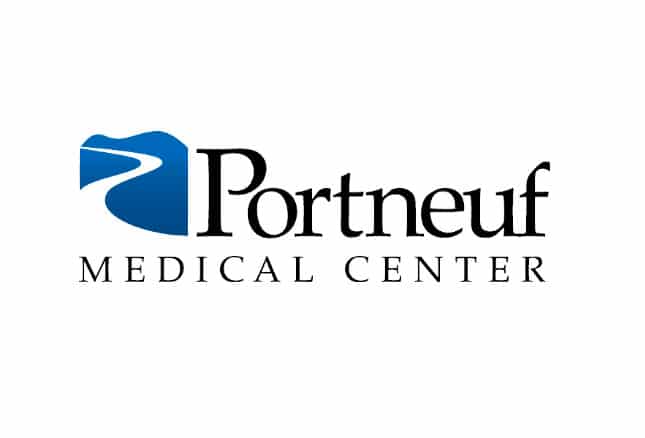
The American Cancer Society released new screening guidelines for adults of average risk of developing colon cancer. The new recommended age is now age 45 for both men and women. instead of 50. This is very important to note and even more important to share with friends and family.
Professionally, we have seen a marked increase in colorectal cancer cases in younger people in recent years. Approximately 140,000 people are diagnosed with colon cancer in the U.S. and over 50,000 people die from it annually. It is the third most common cancer in the United States and the second leading cause of death from cancer.
However, colorectal cancer is different than most cancers – it’s largely preventable and beatable. The number one way to detect colon cancer is through screening, namely a colonoscopy. Of course, the greatest barrier to long-term colon health is the social unease when it comes to sharing information about your bowels. Despite the prevalence of colorectal cancers, many individuals opt to not discuss their bowel habits during wellness visits or choose not to make a call if they have a concern.
I would like to encourage men and women of all ages to talk with their primary care provider about their health concerns as well as about their family history of diseases. Together, you and your provider should outline a schedule for preventative screenings, including colorectal cancer screening. Of course, if you experience any abnormal symptoms such as blood in or on your stool after bowel movements; frequent stomach pain, aches, cramps, or bloating; change in bowel habits; unexplained weight loss, fatigue, weakness or shortness of breath, it is important to see your doctor immediately. To learn more about our gastroenterology services and schedule a colon cancer screening, please call 208-232-6616.

